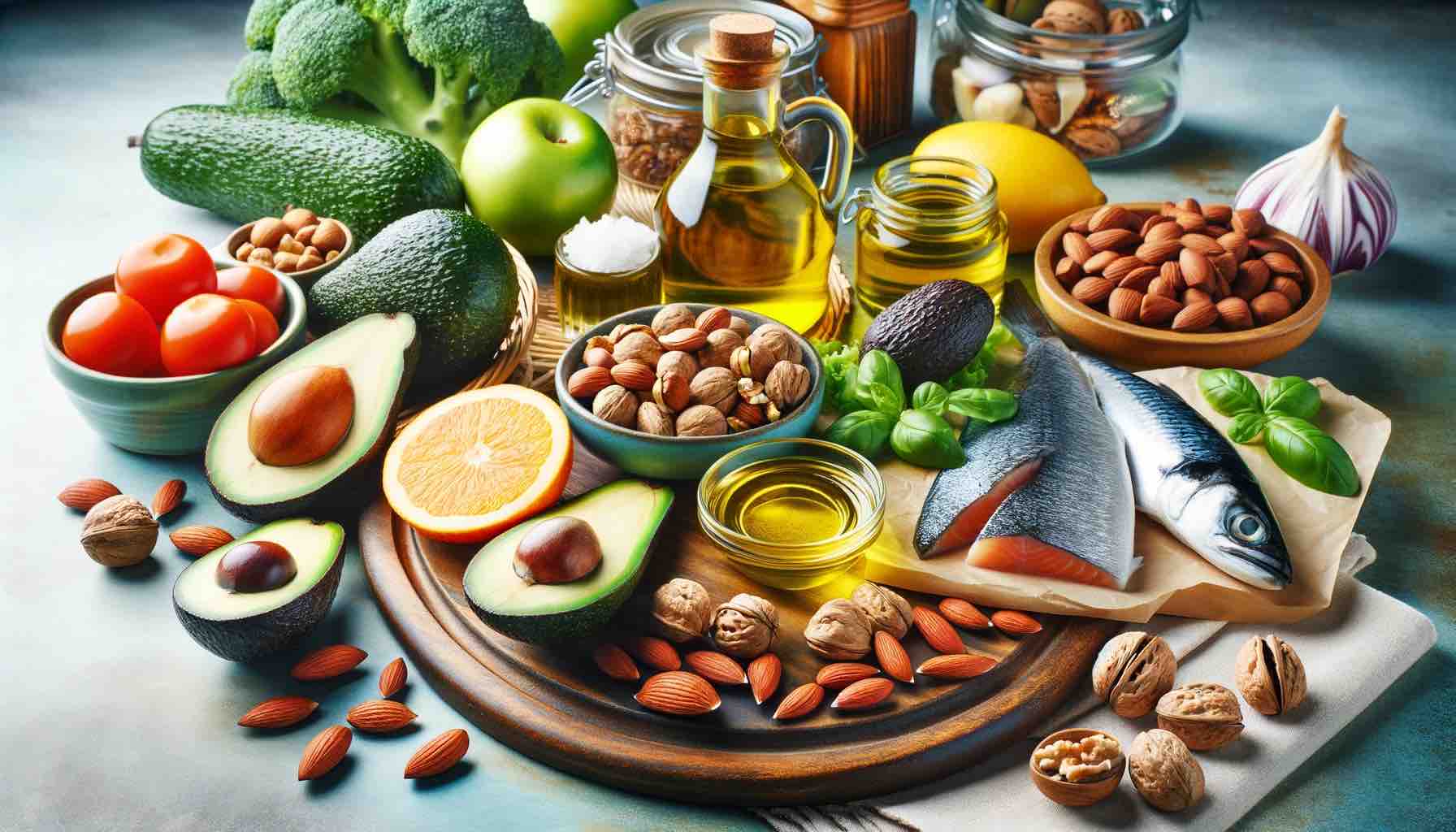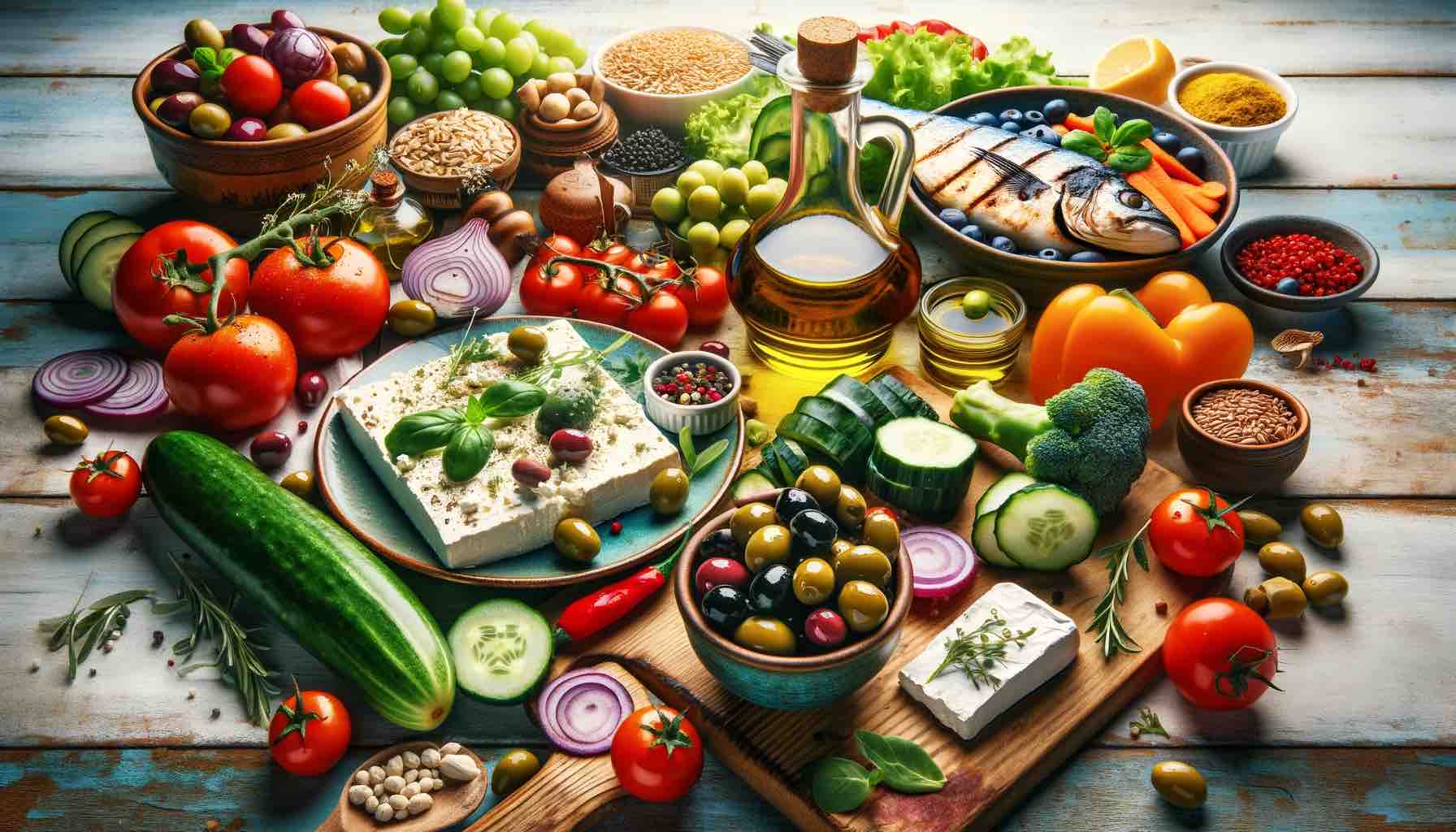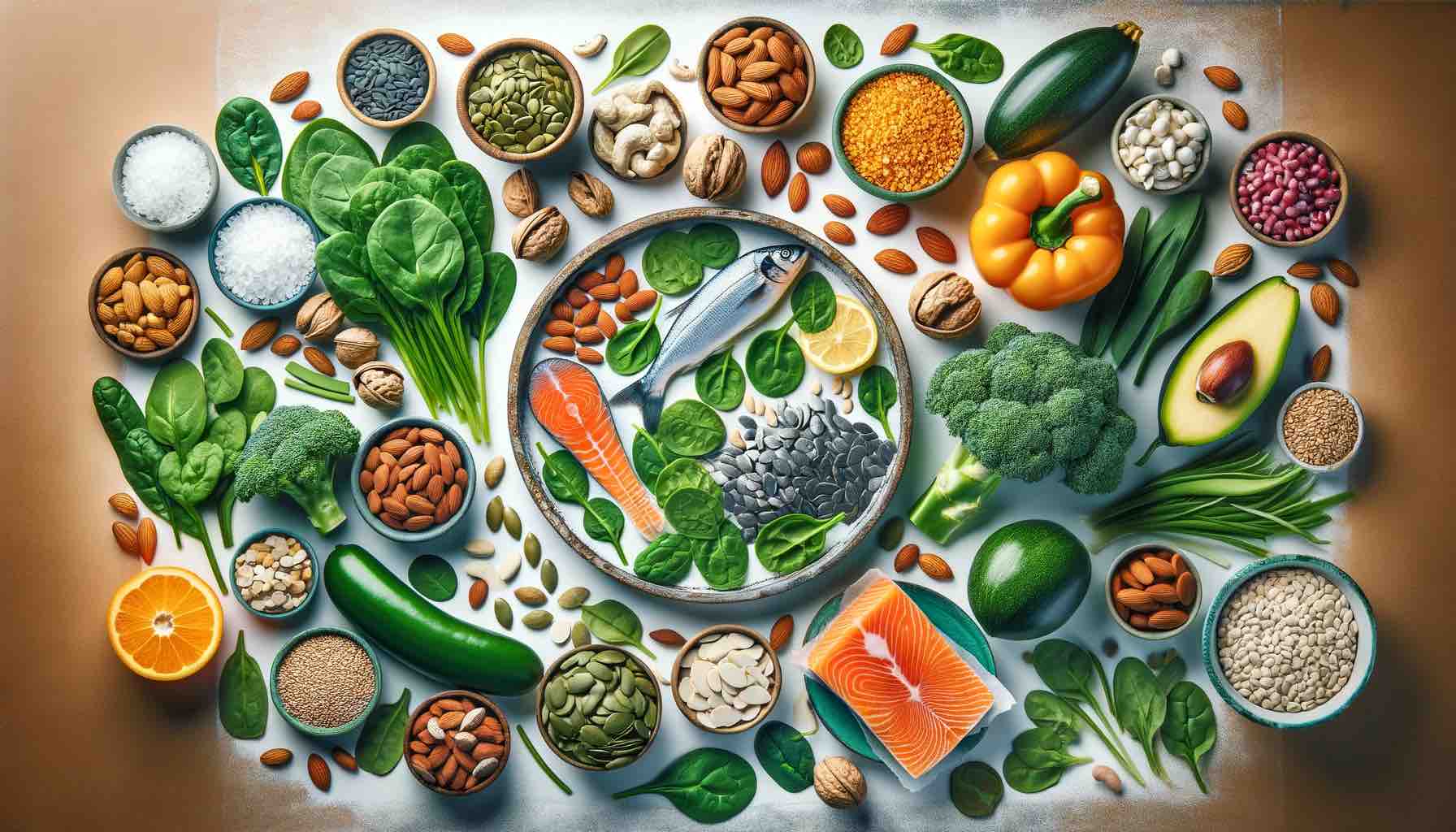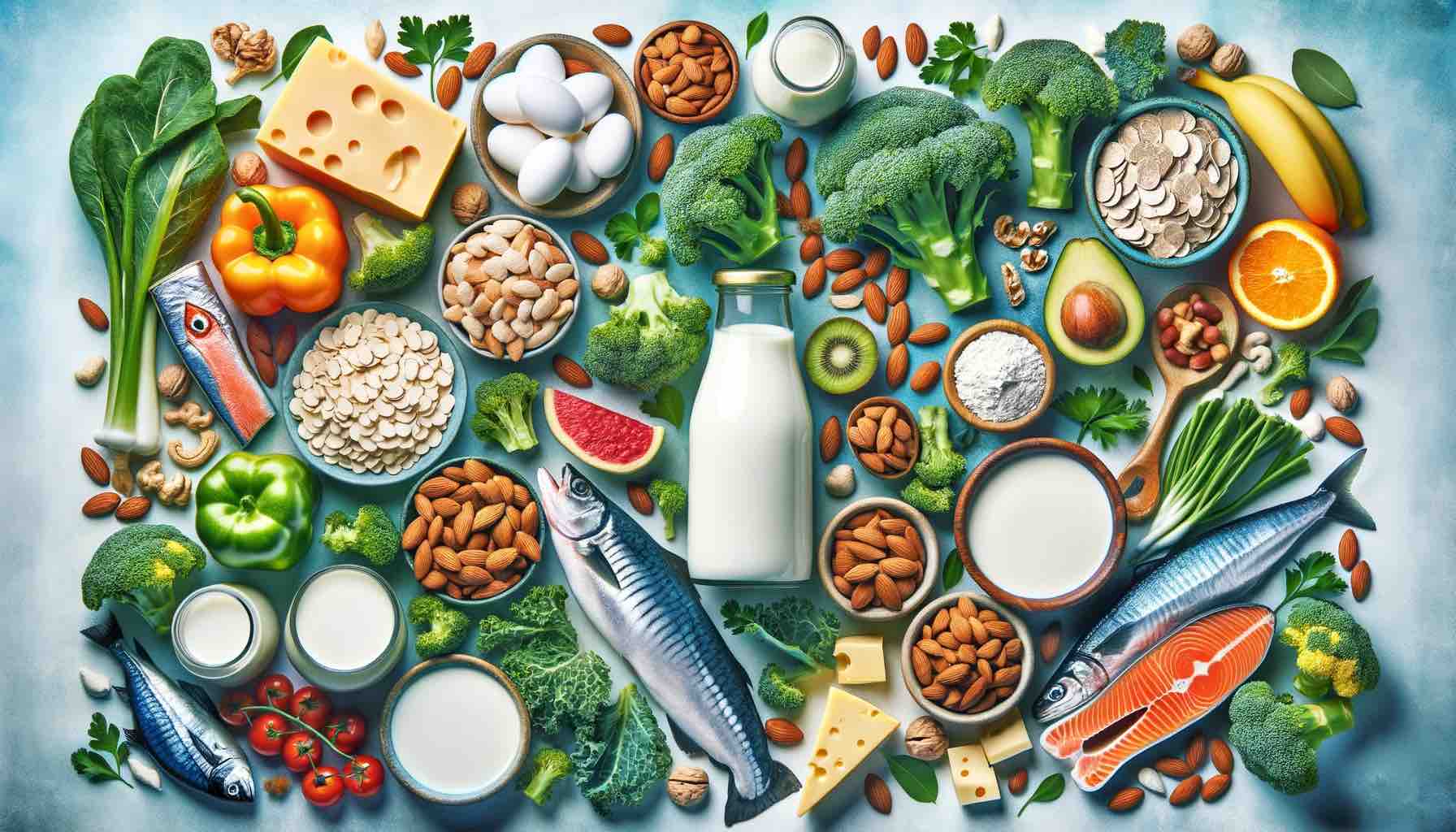
In the quest for a healthier diet, understanding the difference between healthy and unhealthy fats is crucial. This comprehensive guide will help you distinguish between these fats and make informed dietary choices.
Types of Fats
- Unsaturated Fats:
- Monounsaturated Fats: Found in olive oil, avocados, and nuts, these fats are known to improve heart health.
- Polyunsaturated Fats: Includes omega-3 and omega-6 fatty acids, found in fish, flaxseeds, and walnuts, crucial for brain health and reducing inflammation.
- Saturated Fats:
- Predominantly found in animal products and some plant oils, saturated fats can raise bad cholesterol levels, increasing the risk of heart disease.
- Trans Fats:
- Often found in processed foods, trans fats are the most harmful, significantly increasing the risk of heart disease and stroke.
Impact on Health
- Healthy Fats: Essential for brain function, hormone production, and nutrient absorption. They also play a role in reducing the risk of heart disease.
- Unhealthy Fats: This can lead to increased LDL (bad) cholesterol, clogged arteries, and a higher risk of heart disease.
Incorporating Healthy Fats into Your Diet
- Opt for oils like olive and canola for cooking.
- Include nuts, seeds, and avocados in your meals.
- Choose fatty fish like salmon for omega-3 fatty acids.
Limiting Unhealthy Fats
- Reduce intake of red meats and high-fat dairy products.
- Avoid processed and fried foods high in trans fats.
- Read labels to identify hidden trans fats.
Balancing Fat Intake
- Aim for fats to constitute a moderate portion of your daily caloric intake, focusing mainly on unsaturated fats.
For a more in-depth understanding of nutrition and to join a comprehensive health challenge, consider exploring the BackOnTrack WeightLoss Challenge.
Understanding the types of fats and their effects on health is key to a balanced diet. By choosing healthy fats and limiting unhealthy ones, you can significantly improve your overall well-being.
10 FAQs for “Healthy Fats vs. Unhealthy Fats: Navigating Your Dietary Choices”
- What makes a fat ‘healthy’ or ‘unhealthy’? Healthy fats, like unsaturated fats, support heart health and reduce inflammation. Unhealthy fats, such as trans fats, increase bad cholesterol and heart disease risk.
- Can I include healthy fats in a weight loss diet? Yes, incorporating healthy fats in moderation can be part of a balanced weight loss diet.
- What are some examples of healthy fats? Olive oil, avocados, nuts, and fatty fish like salmon are great sources of healthy fats.
- Why are trans fats harmful? Trans fats raise bad cholesterol levels and lower good cholesterol, increasing the risk of heart disease and stroke.
- How can I reduce my intake of unhealthy fats? Limit consumption of processed and fried foods, and opt for lean meats and low-fat dairy products.
- Is saturated fat always bad? While saturated fat can raise cholesterol levels, it’s okay in moderation, especially when coming from whole food sources.
- What role do fats play in our overall diet? Fats are essential for nutrient absorption, hormone production, and providing energy.
- How much fat should I consume daily? Fats should make up a moderate portion of your total calorie intake, focusing on healthy fats.
- Can eliminating all fats from my diet be harmful? Completely avoiding fats can lead to deficiencies in essential fatty acids and fat-soluble vitamins.
- How can I identify unhealthy fats on food labels? Look for terms like “partially hydrogenated oils,” a common indicator of trans fats.
Blog Tags for the Post
healthy fats, unhealthy fats, nutrition, diet choices, saturated fats, trans fats, heart health, weight management, food labels, balanced diet













